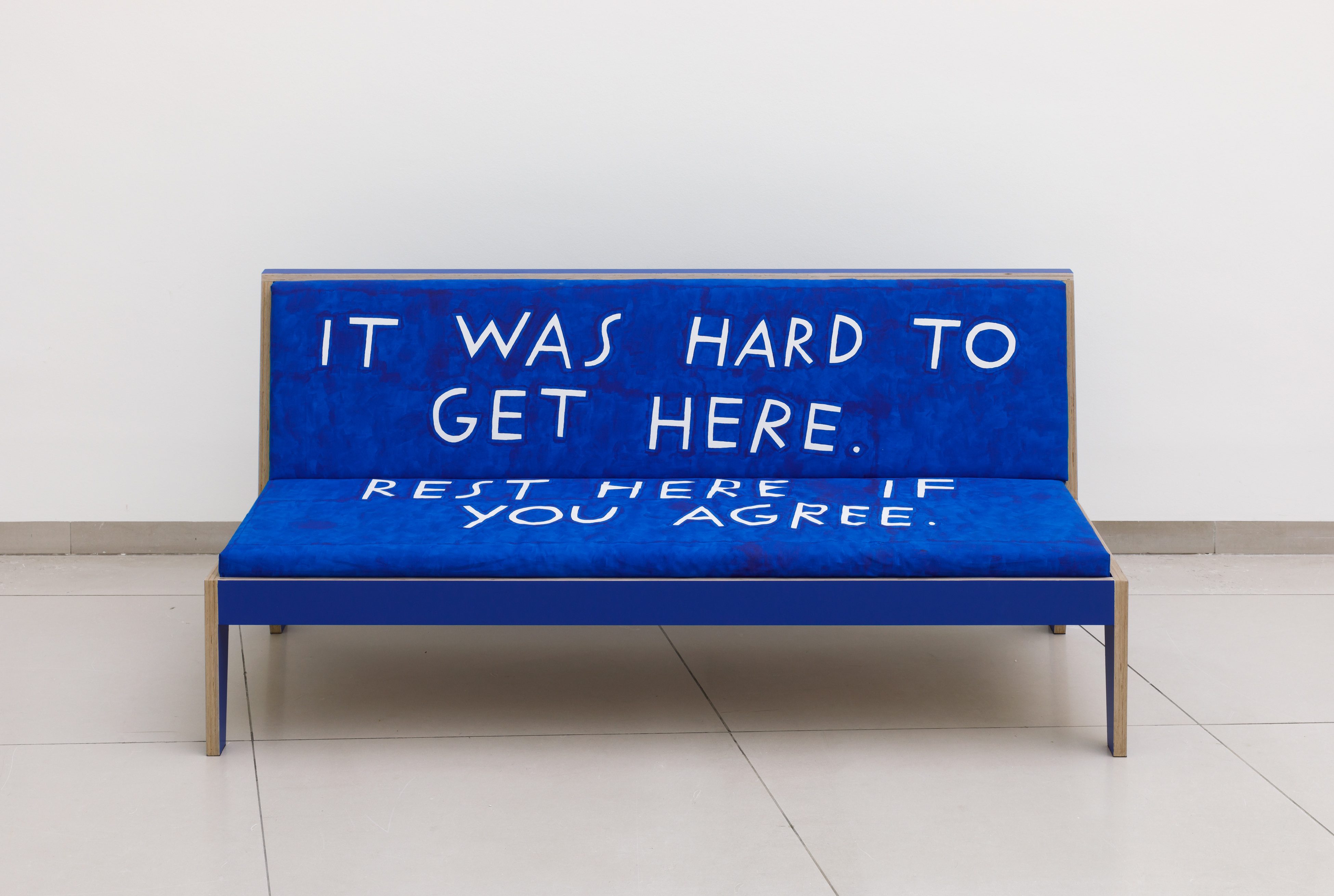
Based on their chapter ‘On giving, taking, and receiving care: Fieldwork and dis_ability,’ collaboratively written for a handbook entitled Inclusive Ethnography (Procter and Spector 2024), India-based anthropologist Tajinder Kaur and Germany-based anthropologist Isabel Bredenbröker reflect on writing about dis_ability and ethnographic methods from their respective points of view and experience. Their conversation, conducted entirely in writing into a shared Google Doc over a period of two months, takes core methodological takeaway points of the chapter as a starting point to think about how we can write and think together over distance: Isabel and Tajinder have never met in person. What challenges do we face when writing and thinking from intersectionally different perspectives for a global academic publishing market? What solidarities can be learned anew and differently through these kinds of collaborations? These challenges, particularly when combined with disability studies and anthropology, require special attention. Working together, Kaur and Bredenbröker show that writing across intersectional differences—whether in lived experiences, geopolitical contexts, or disciplinary approaches—requires an ethics of care that goes beyond strategies of knowledge production.
Bredenbröker I; Kaur T (2025) Dis_ability, ethnographic methods, and collaborations over distance: Intersectional complications. The February Journal, 01: 128–145. DOI: https://doi.org/10.60633/tfj.i05.129

This work is licensed under a Creative Commons Attribution 4.0 International License.
Copyright (c) 2025 Isabel Bredenbröker, Kaur Tajinder